Entry Category: Civil Rights and Social Change - Starting with A
aka: Cooper v. Aaron
Abortion
Abrams, Annie Mable McDaniel
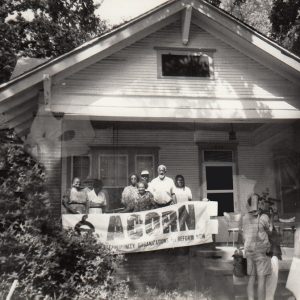 ACORN Action
ACORN Action
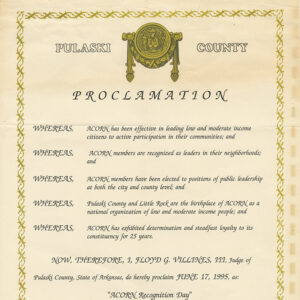 ACORN Certificate
ACORN Certificate
Act 10 of 1958 [Affidavit Law]
Act 115 of 1959 [Anti-NAACP Law]
Act 151 of 1859
aka: Act to Remove the Free Negroes and Mulattos from the State
aka: Arkansas's Free Negro Expulsion Act of 1859
Act 258 of 1909
aka: Toney Bill to Prevent Lynching
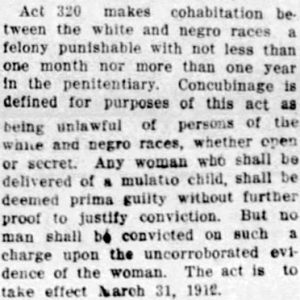 Act 320
Act 320
Act 626 of 2021
aka: Save Adolescents from Experimentation Act
aka: HB 1570
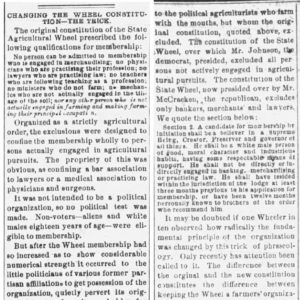 Agricultural Wheel Article
Agricultural Wheel Article
 Dick Allen
Dick Allen
Allen, Dorathy N. McDonald
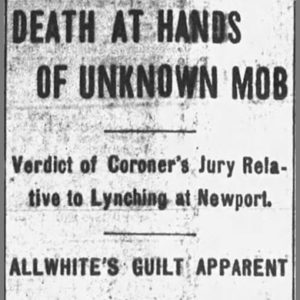 Allwhite Lynching Editorial
Allwhite Lynching Editorial
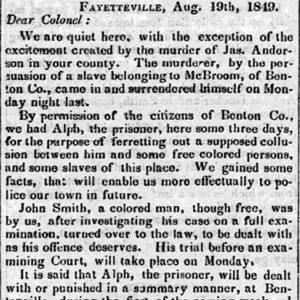 Alph Lynching Article
Alph Lynching Article
Alph (Lynching of)
American Association of University Women (AAUW)
American Civil Liberties Union of Arkansas
aka: ACLU of Arkansas
aka: Arkansas ACLU
American Krusaders
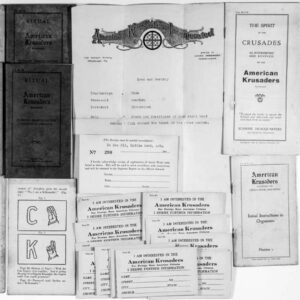 American Krusaders Ephemera
American Krusaders Ephemera
American Missionary Association
Ameringer, Freda Hogan
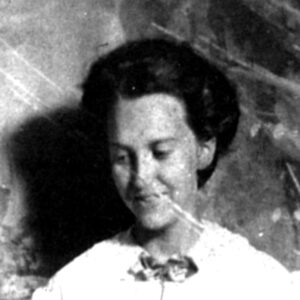 Freda Hogan Ameringer
Freda Hogan Ameringer
Ames, Wyatt (Lynching of)
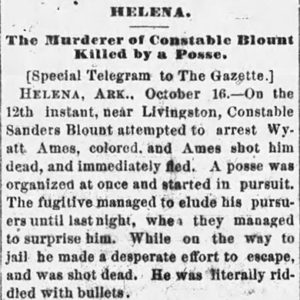 Wyatt Ames Lynching Article
Wyatt Ames Lynching Article
Anderson, Andrew Lee (Killing of)
Anderson, James (Lynching of)
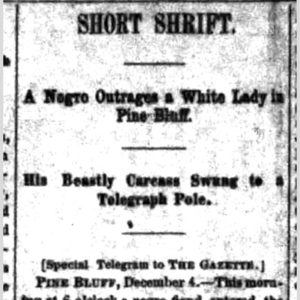 James Anderson Lynching Article
James Anderson Lynching Article
Anderson, William (Lynching of)
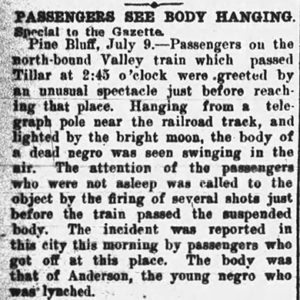 William Anderson Lynching Article
William Anderson Lynching Article
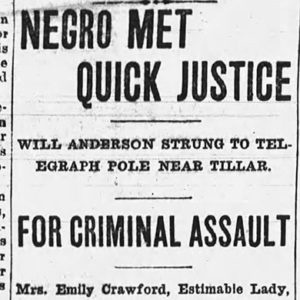 William Anderson Lynching Article
William Anderson Lynching Article
Anthony, Katharine Susan
Anti-miscegenation Laws
Anti-Semitism
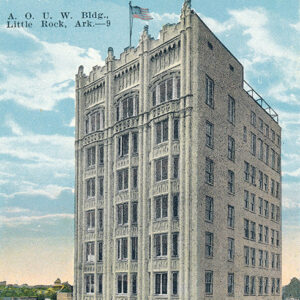 AOUW Building
AOUW Building
Appeal of the Arkansas Exiles to Christians throughout the World
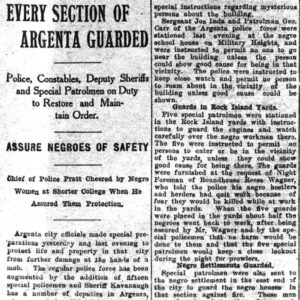 Argenta Race Riot Article
Argenta Race Riot Article
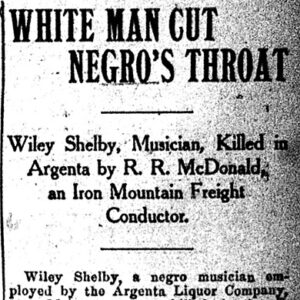 Article about the Argenta Race Riot of 1906
Article about the Argenta Race Riot of 1906
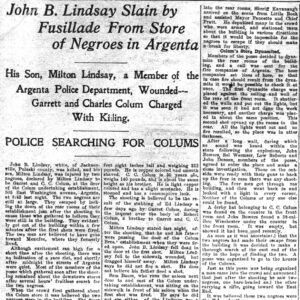 Argenta Race Riot Article (Part 1)
Argenta Race Riot Article (Part 1)
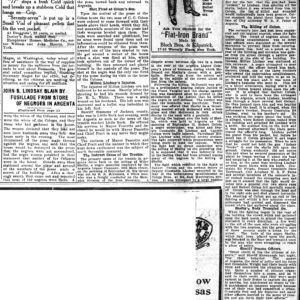 Argenta Race Riot Article (Part 2)
Argenta Race Riot Article (Part 2)
Argenta Race Riot of 1906
aka: Lynching of Homer G. Blackman
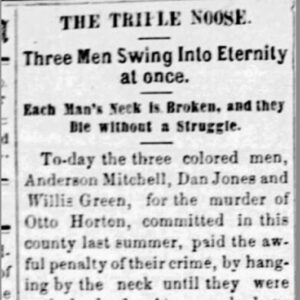 Arkadelphia Executions Article
Arkadelphia Executions Article




